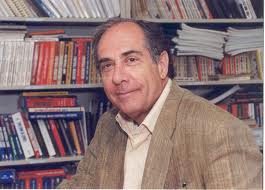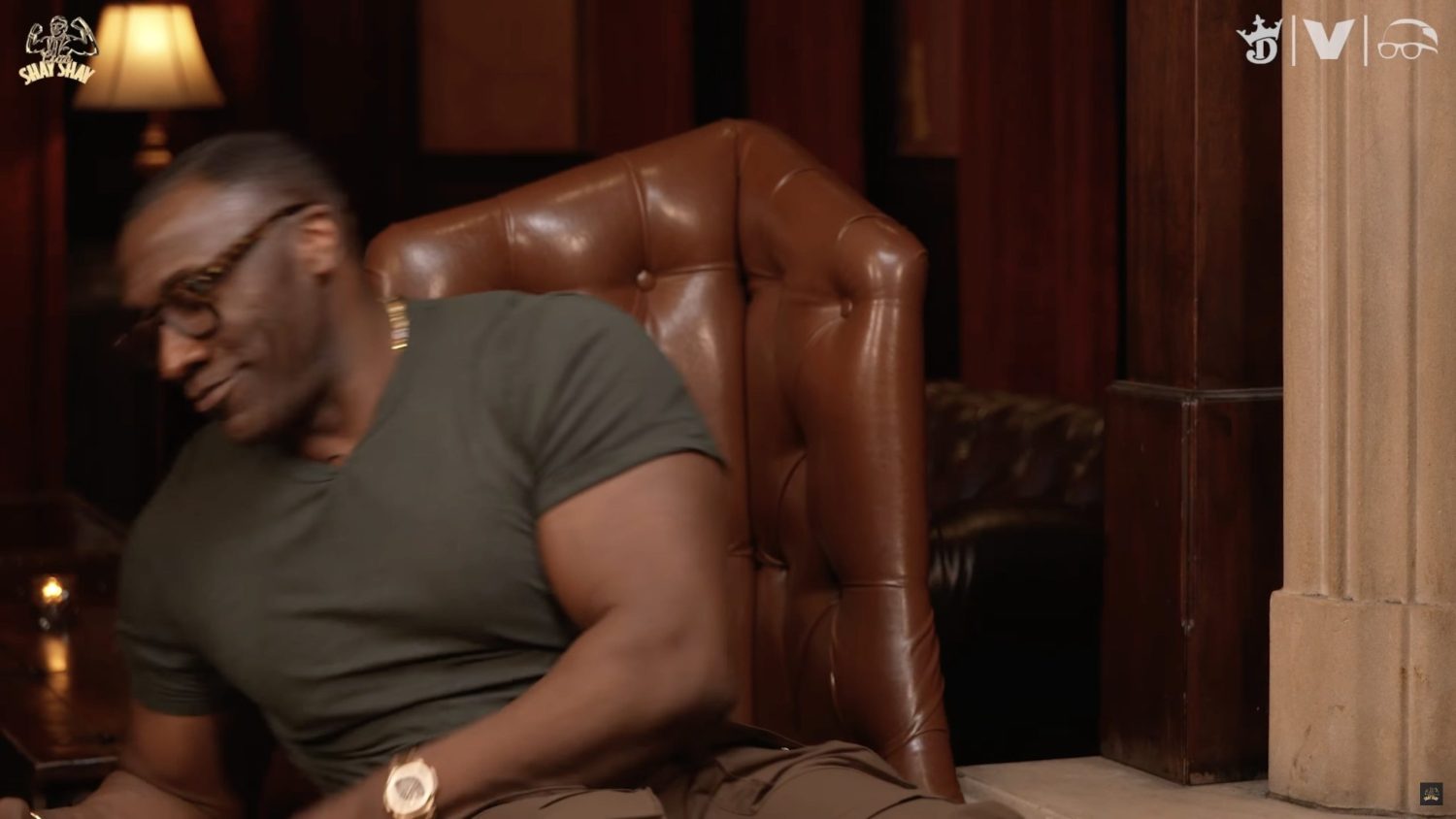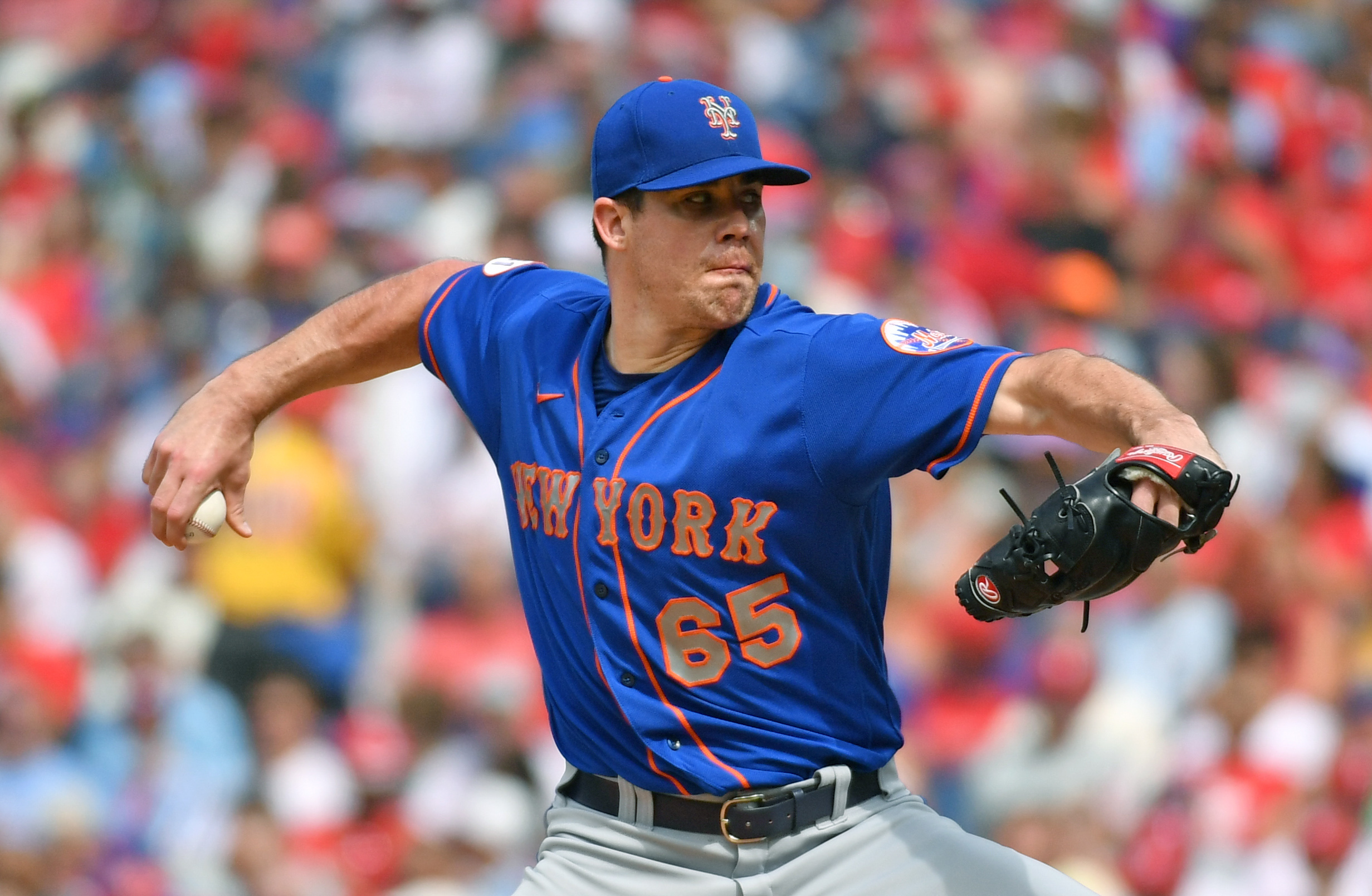Robert Lipsyte began his highly anticipated tenure at ESPN with a column on the network's coverage of the Jason Collins story – specifically the episode of OTL that featured Chris Broussard saying homosexuals live in open rebellion to God.
You can't say the column is timely given these events happened in late April, but Lipsyte does deliver the micro and macro analysis that gives you hope for his job as the independent voice providing a check and balance to the Bristol power structure. Unlike many instances from his predecessor, Lipsyte takes on a topic that's still relevant to ESPN's consumers and those of us who have a keen eye to the inner-workings in Bristol. Lipsyte sets the stage for his ombudsman tenure in the second paragraph:
"More than one ESPN manager told me it was "a learning experience" and then couldn't come up with what had been learned. How about this: The tricky trifecta of religion, race and sexuality exposed not only the fault-lines in "OTL's" preparation but the inconsistent performance of ESPN journalism in general. The old story won't die because it brings up too many unresolved questions that we will be addressing in my scheduled 18 months as ESPN's fifth ombudsman."
The Lipsyte column dives deep into that OTL episode and focuses on not just Chris Broussard, but host Steve Weissman and columnist LZ Granderson as well and how the entire framing of the conversation led to Broussard's comments that drew nationwide attention. Lipsyte talked to all the principal figures in the show and some very interesting revelations are made through his reporting and analysis…
* In what may be a surprise, ESPN executives found fault with all three individuals for allowing the conversation to evolve into one on the theological differences between Broussard and Granderson. Namely, Weissman "lost control of the show" and allowed Broussard and Granderson to wander into a debate on their personal views on the news story.
* In an absolute stunner, OTL producers or Weissman had no knowledge of Broussard's views on homosexuality before the episode aired in spite of him making them well-known publicly, even writing an ESPN column saying he's against homosexuality. Considering the fact that John Skipper and ESPN threw Chris Broussard under the bus afterwards for speaking out of turn, it reflects even more poorly on the network for being unprepared that the conversation could go there.
* 60% of feedback to Lipsyte as ombudsman was in favor of Broussard, either on religious or "freedom of speech" grounds. I've had my say as a Christian who doesn't agree with Broussard's opinions on homosexuality, but considering the conversation went where it did focusing on Broussard and Granderson's personal beliefs it would be impossible to expect Broussard not to share them on that telecast.
* Broussard and Collins did have a 10 minute conversation after the controversial OTL remarks.
* ESPN would very much like to sweep this under the rug and move on:
"The attitude, as I read it, was that these were small, regrettable, forgettable mistakes. No major fouls. In fact, considering ESPN's "Embrace Debate" mantra, it could have been far messier. In other words, we can move on. This was a one-off.
You think? Or was it another example of that Jock Culture sensibility of not dwelling on an error, fine for the playing of games but not for the journalistic issues that affect our understanding and appreciation of those games."
The majority of the column makes a nuanced point about context and Lipsyte questioning ESPN for trying to shrug off what was one of the most talked about moments on television this year and a black eye for Bristol. I think it says something to the "Embrace Debate" culture as a whole that ESPN is happy to move on because it could have been worse. What does it say about the network that the historic moment of Jason Collins coming out was overshadowed by the commentary and opinion offered on the network.
That's not to say people should be barred from sharing personal beliefs or ESPN should pretend sports exist in a mythical alternate universe that never intersects with important real-life issues. As with anything in life, the key for ESPN is what they learn from the Broussard incident and whether they back away from tackling important real-life topics (hopefully not) or do they approach them with the proper context, preparation, and perspective (hopefully so).








Comments are closed.